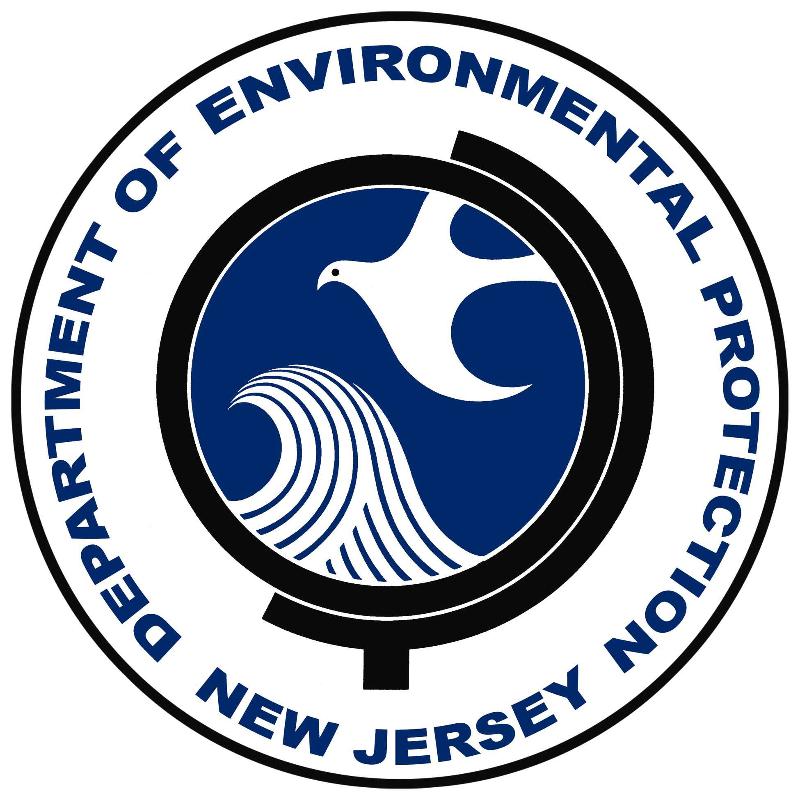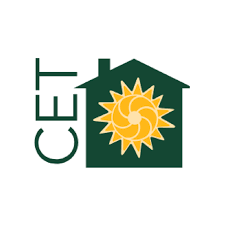Reducing and Recovering Food Waste with the Center for EcoTechnology (CET)
Education Chair Brian Tannenhause of BD Construction attended the NJ DEP Food Waste Virtual Stakeholder Meeting on behalf of the NJFPA to discuss the Food Waste Recycling and Food Waste-to-Energy Production Law (P.L. 2020, c. 24). Brian invited fellow attendee non-profit Center for EcoTechnology (CET) to share their expertise with our members:
Food Waste Virtual Stakeholder Meeting Recording & Materials
 Strong partnerships between businesses and food processors are key to preventing food from going to waste. Food waste processing, or recycling, creates useful output from material that would have gone to disposal, minimizing environmental impacts, realizing sustainability goals, and benefitting local communities with compost and renewable energy. By sending surplus food to facilities specialized in harnessing the value of this input, businesses have the power to expand the wasted food recovery marketplace.
Strong partnerships between businesses and food processors are key to preventing food from going to waste. Food waste processing, or recycling, creates useful output from material that would have gone to disposal, minimizing environmental impacts, realizing sustainability goals, and benefitting local communities with compost and renewable energy. By sending surplus food to facilities specialized in harnessing the value of this input, businesses have the power to expand the wasted food recovery marketplace.
In 2020, New Jersey introduced a food waste recycling law requiring businesses that generate over 52 tons of pre-consumer food waste per year to source-separate and recycle this material. Those affected by the law include food wholesalers, distributors, processors, supermarkets, restaurants, schools, and hospitals, and are subject if located within 25 miles of an authorized food waste recycling facility. The law is meant to stimulate a shift from the traditional disposal methods towards more sustainable waste management practices.
 The Center for EcoTechnology (CET) can help food processors in New Jersey connect with outlets for their surplus. With over 40+ years of experience, CET’s Wasted Food Solutionsprogram offers no-cost waste assistance to help businesses and institutions reduce, recover, and recycle wasted food. CET has a robust toolbox of resources for businesses interested in evaluating their waste stream or implementing a recycling program, including guidance in source separation of waste and food waste estimation. Although some of these documents reference the state of Massachusetts, they are public and may be applicable region-wide.
The Center for EcoTechnology (CET) can help food processors in New Jersey connect with outlets for their surplus. With over 40+ years of experience, CET’s Wasted Food Solutionsprogram offers no-cost waste assistance to help businesses and institutions reduce, recover, and recycle wasted food. CET has a robust toolbox of resources for businesses interested in evaluating their waste stream or implementing a recycling program, including guidance in source separation of waste and food waste estimation. Although some of these documents reference the state of Massachusetts, they are public and may be applicable region-wide.
Wakefern Food Corporation, recently highlighted in a FAQ document by the New Jersey Composting Council, has exemplary food donation and recycling programs in place. In 2020, Wakefern diverted nearly 20,000 tons of organic food waste from disposal, and its subsidiary ShopRite stores donated more than 5,000 tons of food to local food banks. Wakefern’s surplus unfit for human consumption is sent for recycling into pellets for animal feed, or for composting through processors such as Ag Choice. Ag Choice, located in Andover, NJ, is the longest-running food waste composter in the state. Ag Choice’s operation yields high quality, custom compost materials which it sells wholesale to landscapers and garden centers. Wakefern and Ag Choice model a mutually-beneficial partnership powering a sustainable food lifecycle.
Contact CET to learn more about how they can help meet your sustainability goals at (888) 813-8552 or e-mail [email protected].
